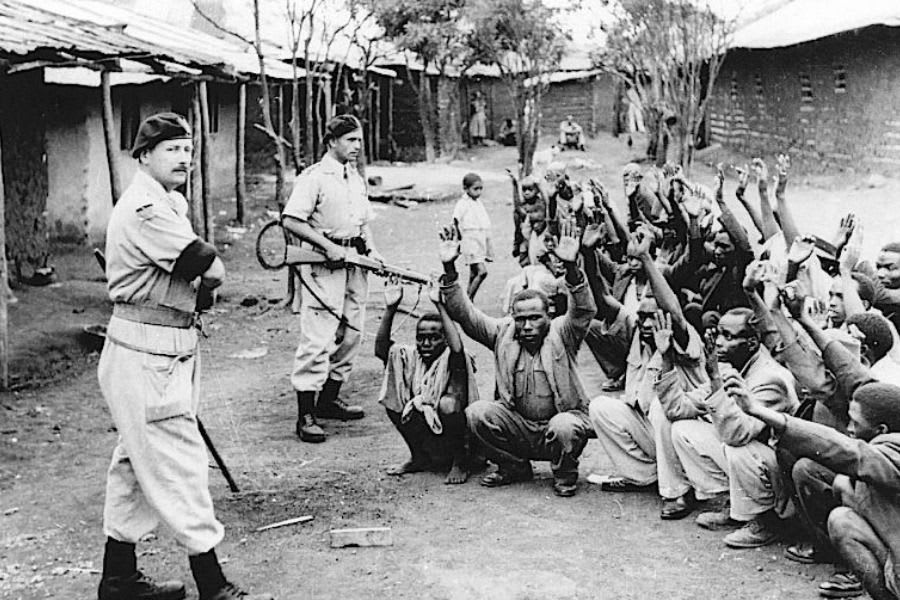- Borrowing from the aged imagination created in the healing minds of Africans, the delegates are hunched over a map armed with rulers and pencils, sketching out national borders on Africa with no Africans at the table.
In November 1884, representatives from European countries, the United States, and the Ottoman Empire convened in Berlin for an international conference opened by Otto von Bismarck, the Chancellor of the newly created German Empire.
This conference, which extended until February 1885, would come to represent the late 19th-century European Scramble and Partition of Africa.
The Berlin Conference carved an indelible mark on Africa's history—one we read today and will assuredly trickle down to future generations.
Over time, this has occasioned heated debates around the motive, execution, and aftermath of the conference. According to Nigerian Historian Professor Godfrey Uzoigwe, the debate has been reduced to “what Africans and Europeans think of each other.”
Borrowing from the aged imagination created in the healing minds of Africans, the delegates are hunched over a map – “drooping down like a question mark”, as Professor Uzoigwe would remark –armed with rulers and pencils, sketching out national borders on Africa with no Africans at the table. Questionable! Just like the continent’s shape, according to Uzoigwe.
Read More
After deliberations on shared interests to end the years-long colonialism and neo-colonialism of the African content, over thirty signatory governments assembled in Ethiopia on May 25, 1963, and established an intergovernmental organization: the Organization of the African Unity (OAU), which was later replaced by the African Union (AU) on July 9, 2002.
By the time of this conference, more than two-thirds of the continent had achieved independence, mostly from imperial European states. The OAU pledged to support the work conducted by freedom fighters and remove military access to colonial nations. A charter was set out to improve the living standards across member states.
During prior congresses leading to the 1963 conference, representatives called for the founding of an African Freedom Day, to mark each year the onward progress of the liberation movement, and to symbolize the determination of the people of Africa to free themselves from foreign domination and exploitation.
The day was renamed Africa Liberation Day and later Africa Day. However, the date for commemoration remained May 25, in respect to the formation of OAU.
Fast-forward: Africa Day 2025 runs under the theme “Justice for Africans and People of African Descent through Reparations.” This honours the memory of those who suffered under slavery and colonialism while asserting the right of Africa and its diaspora to truth, justice, and restoration.
African Union Commission (AUC) Chairperson Mahmoud Youssouf has highlighted the continent's current struggles and its resilience in building a better future, saying, “Africa continues to sacrifice and strive towards freedom from conflict, underdevelopment, and war. The continent is steadily building a future of peace, prosperity, and integration.”
Undoubtedly, Africa is now at the frontline in global geopolitics and, subsequently, the engine of global transformation. It boasts strategic assets, including a youthful and growing population, vast arable land, rich mineral wealth, and abundant renewable energy potential.
Africa Day is a constant reminder of the need to continue developing the continent in honour of our forefathers, who were derailed by the chains of colonialism and neocolonialism.










